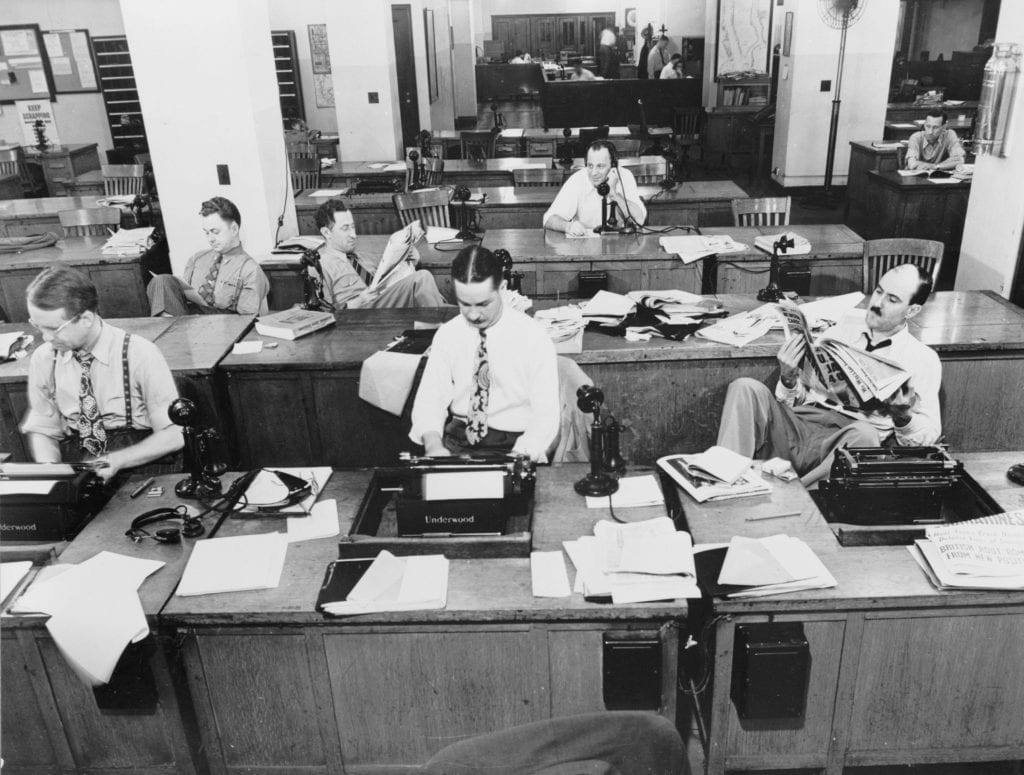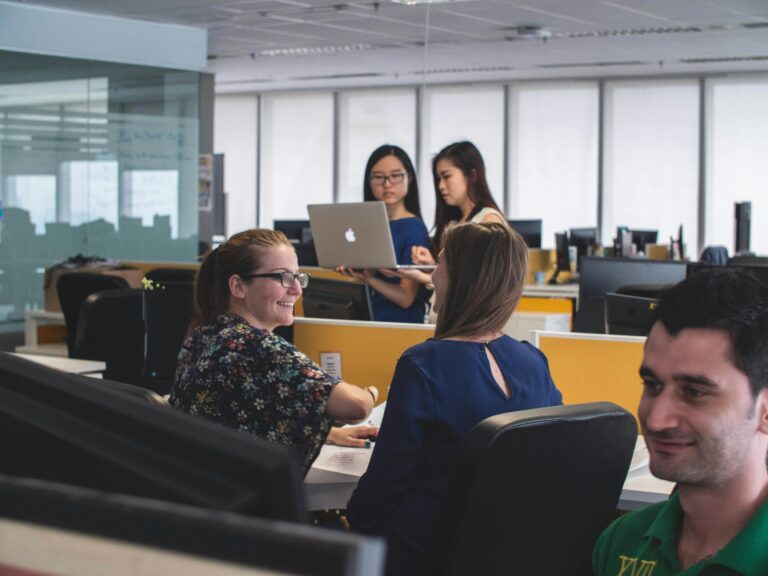I started working as a copy editor as a student intern for Yellow Line in March of 2020. Initially, I was completely overwhelmed. I was learning every grammar, punctuation, editing convention, etc. in school. All while COVID was beginning to take over. Not to mention, I was starting a new internship, transitioning to online classes, and going to graduate college in a few months. Life was chaotic for everyone.
Amidst my new online classes and work weeks, I found myself asking “What’s the use of a human copy editor these days?” Modern technology affords for systems that can correct your writing for you. Companies like Grammarly and AutoCrit offer editing services without having to hire and pay the salary of a copy editor. I grappled with this idea for months and often second guessed myself.
It was not until recently that I really understood why robots will never be able to take the place of a human copy editor. Language, writing, and people are fantastically complex. There are emotions, cultures, experiences, traditions, preconceptions, communities, and on and on. As much as a computer is able to change “your” to “you’re” (which if you don’t know the correct usage by now, call me, I just want to help), technology doesn’t know the dynamic between the copy editor, author, publisher, and audience. There is so much more to a piece of writing than grammar rules and style guides.
With this revelation, I started to really dive into the communities I was editing for. Up until that point, I was sent content calendars that I would edit, but I never really got to see where the creative process started and how the content was received and interacted with. I started to do some digging on the social channels of a couple clients. I looked into how audiences were commenting, when they were commenting, what words they used, what emojis, what punctuations, any patterns that I could find. Studying these audiences and clients enabled me to edit like one of their community members. I know their beliefs, pet peeves, favorite calls-to-action, passions. I know what they want to talk about and what is off limits.
A computer can’t be empathetic. It can’t “correct” an individual’s heartbreak or tragedy. As an editor, it is my job to help communicate a story with compassion, creativity, and companionship.
So now, almost at my 1-year anniversary at Yellow Line, correcting those grammar and stylistic errors have become second nature. But evolving with the client, their community, and the world, is exponentially fluid.
I no longer feel unnecessary, replaceable, or threatened by technology taking my job. I plan on staying curious and perceptive to the copy editing world and the people it serves.



